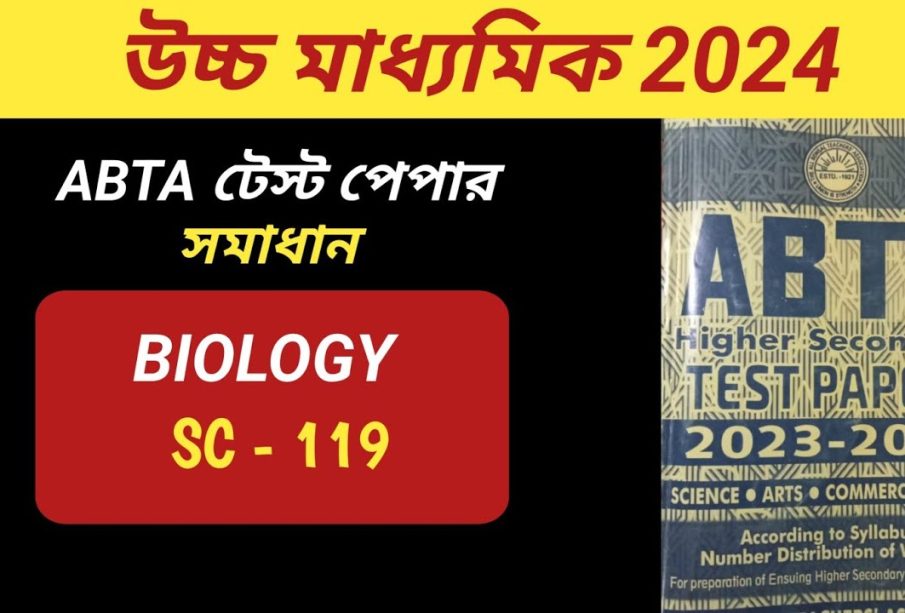Overview of WBCHSE: West Bengal Council of Higher Secondary Education

Introduction
West Bengal Council of Higher Secondary Education (WBCHSE) plays a pivotal role in shaping the educational landscape of West Bengal, India. Established in 1975, the council is responsible for the regulation, supervision, and development of higher secondary education in the state. It conducts the Class 12 board examinations, which are crucial for students aspiring to pursue higher education or vocational training. In recent years, WBCHSE has made significant strides in enhancing the quality of education and ensuring that the curriculum is relevant to the needs of the 21st century.
Recent Developments
As the education sector continues to evolve, WBCHSE has introduced several initiatives aimed at improving student outcomes. This year, the council implemented a new assessment system that focuses not only on academic performance but also on practical skills and project work. Furthermore, the introduction of digital classrooms and online resources has provided students with greater access to learning materials. The board has also prioritized mental health and well-being, launching counseling services to support students during their examination preparations.
Exam Results and Performance
The WBCHSE Class 12 examination results for the 2023 academic year were declared recently, showcasing an impressive pass percentage of 92%. This year, the council reported that the dip in failure rates is attributed to the comprehensive preparatory workshops held across various schools in the state. Schools have embraced innovative teaching methods, which have effectively equipped students to tackle the challenges of the examinations.
Future Outlook
Looking ahead, WBCHSE plans to focus on integrating vocational education into the higher secondary curriculum. As the demand for skilled workers increases, the council recognizes the importance of providing students with practical skills that are relevant to the job market. The council is also considering collaborations with local industries to create internship opportunities for students, thereby bridging the gap between education and employment.
Conclusion
In conclusion, the West Bengal Council of Higher Secondary Education remains at the forefront of educational reforms in West Bengal. With its commitment to enhancing the quality of education and supporting student welfare, WBCHSE is poised to continue making a significant impact on the academic journey of students in the state. As it embraces modern educational practices and adapts to the changing landscape, the council is set to ensure that West Bengal’s youth are well-prepared for future challenges.









